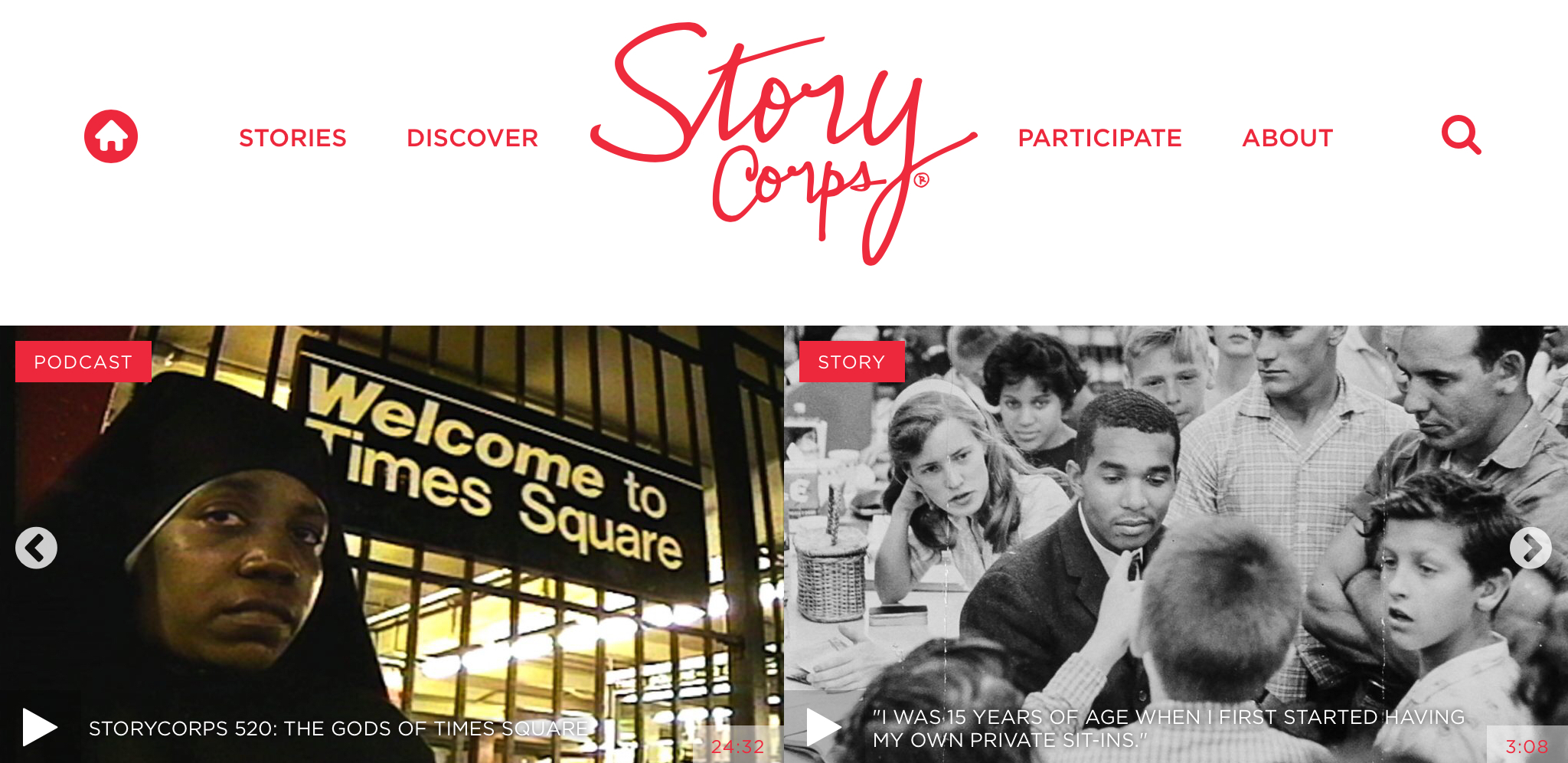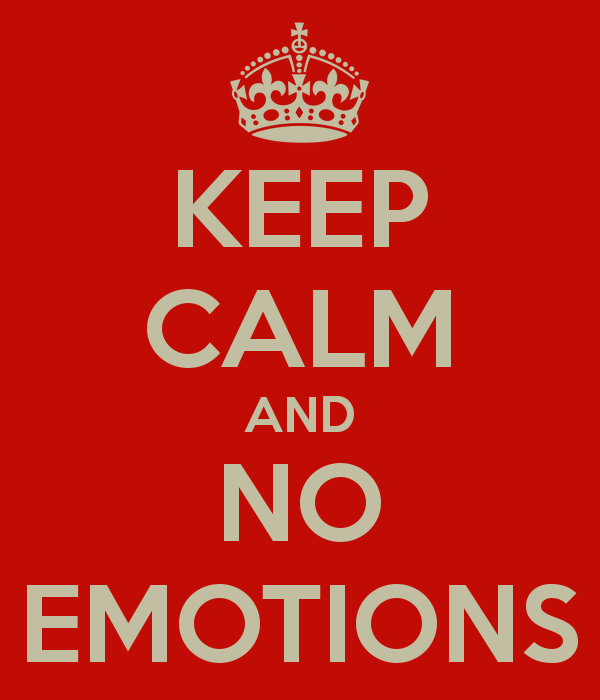Over the past few weeks, since we returned from winter break, our PLP 10 class has been learning about the importance of listening and that everyone, no matter who they are, has a story. We were also introduced to a tool called Story Corps. Story Corps’ purpose is capture and share people’s stories. The goal is to create a “vault” of information for future generations because some of the stories people have are like moments in time and Story Corps is trying to capture them. Several assignments were issued as we made our way around Story Corps’ website. A few examples include a) discovering the meaning behind stories and b) discovering the patterns through stories. The final project in this course was to create three podcasts;
- A story from a grade 12 partner,
- a story from a family member, and
- last but not least, a story from a stranger we met at our upcoming school examination.
Now how did we create amazing stories?
The truth is that we don’t create stories, we find them, and the best way to find good stories is to ask questions. These questions could be anything from childhood experiences to career choices. In class, we practiced asking and answering questions. I found the hardest part of this sort of activity was asking follow-up questions. Some of the questions we asked included: “how did that make you feel” or “what was that like for you”. What we learned was that using these sorts of questions, these sorts of techniques created conversations that can take you anywhere. This was a perfect techinique for helping us to spark a story from somebody’s subconscious. We also used “what” questions to find stories and maintaining a very neutral expression during interviews. For example, when somebody talks about something difficult that happened in their life, having a neutral expression, rather than a concerned or sad expression, helped them to tell their story. You would say things like “I’m sorry” but we did not act super emotional otherwise they tended not to want to talk about their story anymore.
For our first podcast we interviewed our grade 12 partner. At first, my partner Jackson was finding it hard to find a story but eventually we found a really good one. His story was focused around when he was in grade 10 and was doing a project on Chinatown, in Vancouver. He and his partner had arranged with their teachers to interview someone at an organization located in Chinatown that they found really interesting. When they finally arrived at what they thought was the organization’s headquarters, they realized that it was the wrong place. Despite this error, It all turned out ok because the company they ended up at turned out to be more interesting than the organization they originally planned to meet with.
When I edited this podcast, I decided I wanted it to be in a standard format that could be repeated in the next two podcasts I planned to create. I decided to start with a musical intro. that led into an introduction of the people I’d be interviewing. It would then go into the interview and finish with a musical
For my next interview, I had my mom tell a story from her past. She actually had a really interesting story about when she was five years old, moved from North Vancouver to Edmonton, with her sister, to live with her mom and stepfather, who was from Malaysia. She talked about what that was like, going from a German household to a new one that had totally different cultural influences.
Our final podcast was a bit different. That’s because we had to interview strangers. This was done during the winter exhibition in December. The idea was to interview anyone our grade 12 buddy brought to us, from the people that came to see the exhibition. But before we could interview anyone, we had to create a studio to record in. The studio had to be semi soundproof with decent lighting and refreshments for the interviewees. My room buddy Calum and I decided to make our room look like an artistic podcast studio by using a comfortable couch, chairs and high quality microphones, as well as have refreshments available to the interviewees.
My final podcast actually turned out pretty well. I had about 6 interviews but I chose to use a nice romantic story about a couples’ first date.
I think I learned a lot about creating and finding stories, as well as how to listen, and in doing so, bringing out peoples’ stories. This was an interesting project because in listening to other peoples’ stories, we got to know them better. Overall this was a good project and I’d be interested to do something like this again.

